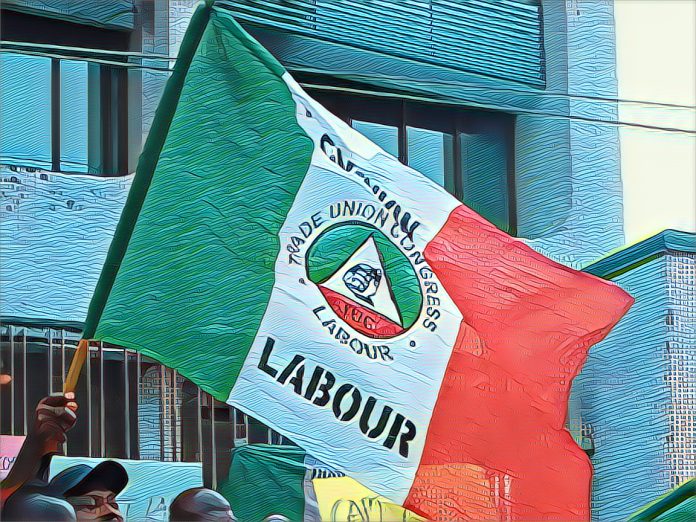Recently, there has been another setback in the continuing negotiations between organized labor and the Federal Government over the national minimum wage, which might have an impact on millions of workers throughout Nigeria. The government increased the minimum wage from N57,000 to N60,000, a modest rise from its previous offer, during a joint committee meeting this Tuesday in Abuja. Major labor organizations, however, quickly opposed this revised idea and are sticking to their demand for a minimum salary of N494,000.
Representatives from the Nigeria Labour Congress (NLC), the Trade Union Congress (TUC), and the Federal Government are negotiating together to reach an agreement that strikes a balance between workforce demands and financial stability. Union leaders lowered their demand from N497,000 to N494,000 in response to the government’s most recent offer, which only added N3,000 to their original plan.
According to a source who attended the meeting, the labor leaders expressed their unwavering disapproval of the government’s proposal. The mood indicated that there would be a difficult negotiation because it seemed like both sides had strong opinions. Speaking before the meeting, a union member summarized the labor leaders’ approach, saying, “This is just a case of if they go higher, we will go lower.” In order for us to offer something less, they must first make a reasonable proposal. There is not a middle ground here.
The union is taking a methodical and organized stance in these talks. To guarantee that they put up a united front in negotiations, members get together before every committee meeting. Additionally, before every committee meeting, we have a procedure for gathering as Labour members. By the time we get to the meeting front, this will enable us to have a unified stance,” the labor leader continued.
Nigerian workers are facing a number of economic challenges, such as growing living expenses and inflation, which have reduced the purchase power of ordinary salaries, which is why they are demanding a much higher compensation. The unions contend that raising the minimum wage significantly is required to raise living standards and promote economic growth by increasing consumer spending.
“So as long as the government is ready to present something reasonable, we will meet them in the middle,” said the labour leader, indicating a willingness to negotiate but also a firm commitment to securing a substantial increase.



